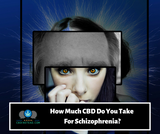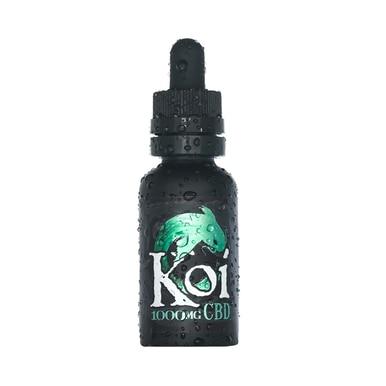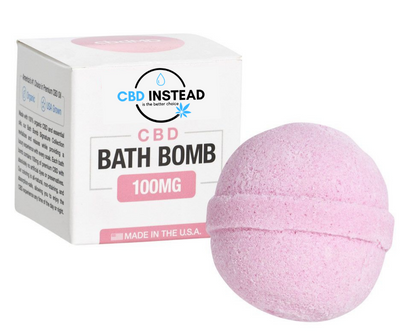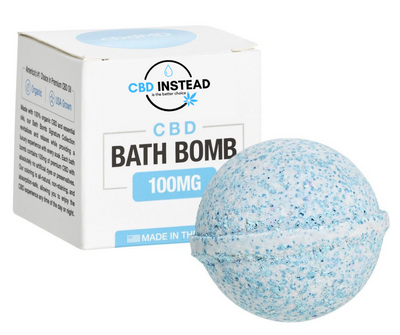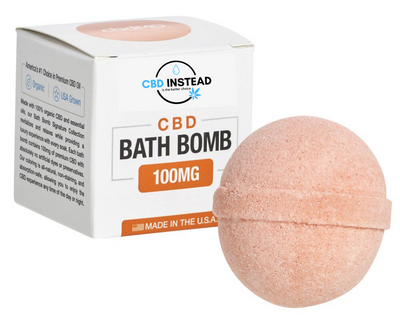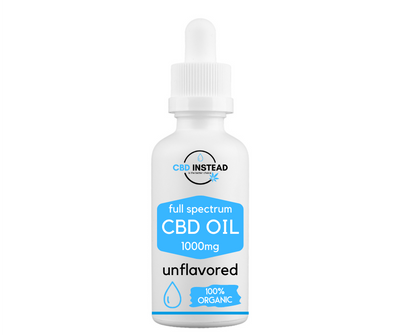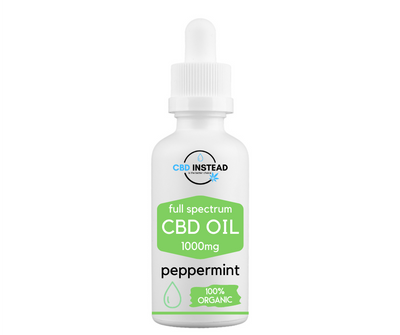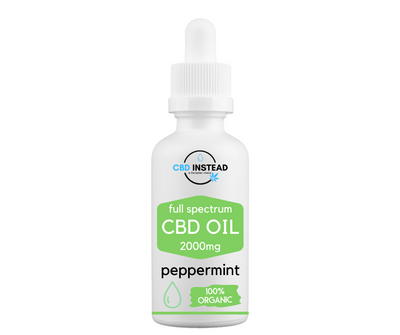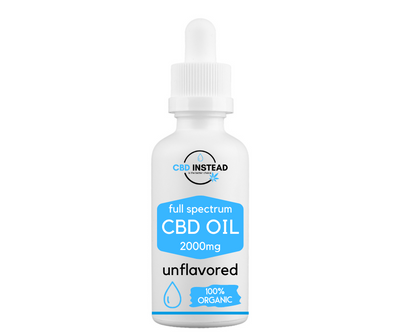I’m a pretty big advocate for mental health; I think everyone needs to go get their mind checked out every once in a while just like you would your body. Some people are born with different brain chemistry and genetics, making them more susceptible to developing mood disorders while others can develop them from the life they have lived. One great tool for battling these challenging disorders alongside with therapy is CBD hemp oil.
Cannabidiol (CBD) may be the future treatment for mood disorders because of the interactions it has with the brain. By elevating certain chemicals and protecting healthy cells that already exist, CBD oil may be able to help manage the symptoms of mood disorders as well as aid in prevention.

What Are Mood Disorders?
Major Depressive Disorder
Major depressive disorder (MDD) is a common and severe illness that if gone unchecked can lead to death. The symptoms can impact the way people feel, act, and go about their daily activities.
Symptoms Of Major Depressive Disorder
- Feeling sad, hopeless, or empty for up to two weeks straight
- Sleeping too much or too little
- Eating too much or too little
- Finding no enjoyment in any activity
- Poor self-image
- Difficulty with focus and concentration
- Thoughts of death or suicide
Major Depressive Disorder And Your Brain
It was once hypothesized that a lack of neurotransmitters like serotonin and norepinephrine caused a depressed brain. Scientists now, however, believe that there is a bit more to it than that. They found that a depressed brain is more likely to cause stress hormones to become produced which can lead to damage to the brain.
The hippocampus, the part of your brain that control learning, memory, and emotions, is smaller in people with depression. Research shows that even in clinical remission, the hippocampus is still smaller than it needs to be meaning that the symptoms can come back if the depression isn’t treated. While this differentiation in the brain is substantial, other major parts of the brain are also affected by MDD.
Regions In the Brain Affected By Depression
- Amygdala- Your fear response
- Ventral Striatum- Where your rewards are processed
- Prefrontal Cortex- Controls planning, personality, and development
- Orbital Frontal Cortex- Controls decision making and cognitive processing
- Anterior Cingulate Cortex- Regulates emotions and certain physiological traits like blood pressure
Dysthymic Disorder
Dysthymic disorder is almost like a mild version of major depressive disorder, but it can still become debilitating. Like many illnesses, there is little known about dysthymic disorder, though researchers believe genetic components play a huge role. One of the biggest problems with this disorder is that often it goes unnoticed.
The symptoms of this disorder are the same as major depressive disorder. The big difference is that someone who has dysthymia can have normal feeling days and their symptoms aren’t as debilitating while someone with MDD has a constant feeling of depression.
Bipolar disorder
Bipolar disorder, also known as manic-depressive disorder, is when you have unusual shifts in your mood, activity levels, and the ability to do day-to-day tasks. This illness can become so severe that the person afflicted experiences a psychosis often resulting in delusion.
Four Types Of Bipolar Disorder
- Bipolar I
- This is when manic episodes last for at least seven days or manic symptoms are so severe you need to go to the hospital. Usually, depressive episodes are also in the mix and last for up to two weeks. It is also possible that you can experience both manic and depressive episodes at the same time.
- Bipolar II
- This is when you manic episodes are less severe and fall into the category of hypomanic. Depressive episodes are also present, but this disorder’s symptoms are less severe than Bipolar I.
- Cyclothymic Disorder
- Hypomanic and depressive disorders last up to two years or one year in children and adolescents. But these episodes are not severe enough to be distinguished as Bipolar I or II.
- Other Specified
- This is when you have manic or depressive symptoms, but your illness does not fit into the categories above.
What Do Manic Episodes Look Like?
- Having a lot of energy
- Feeling high or elated
- Feeling jumpy
- High activity levels
- Trouble sleeping
- Easily agitated
- Feels like you can do many things at once
- Feels like thoughts are going fast
- Participate in reckless behaviors
What Do Depressive Episodes Look Like?
- Feeling sad, empty, or hopeless
- Low energy
- Decrease in activity levels
- Sleeping too much or too little
- Feeling worried or anxious
- Forgetful and trouble concentrating
- Losing enjoyment in things that used to make you happy
- Eating too much or too little
- Thinking about death or suicide
There is also very little known about how bipolar disorder affects the brain, but brain imaging has given us a little insight. Brain imaging has shown that people who have bipolar disorder lack in cortical thickness, which is the number of layers of the cerebral cortex which plays a huge role in cognitive ability. Bipolar disorder can also cause a malfunction in the NMDA glutamate receptor. This receptor plays a part in functioning, brain aging, and memory.

Treatment For Mood Disorders
Often times, mood stabilizers, antipsychotics, and antidepressants are prescribed to people who have a mood disorder like bipolar or MDD. These medications have had success because they help regulate the neurotransmitters in your brain. But recent studies have shown that CBD oil may be just as good if not better than leading pharmaceuticals.
What Is CBD?
Cannabidiol (CBD) is a chemical that you find in the cannabis plant. While you can get CBD from marijuana and the hemp plant, many companies like CBD instead offer products from the hemp plant because it doesn’t contain traceable amounts of THC.
Unlike THC, CBD oil doesn’t get you high at any dose. Unlike pharmaceuticals, the side-effect list is considerably shorter and there is the additional benefit of being unable to overdose on the medication when you are in a suicidal episode. One of the reasons that treatment can be so difficult with mood disorders is because of the increased risk of suicide, taking away a potentially harmful medication could be a safe alternative.
How Does CBD Work?
CBD hemp oil has a lot of healing potential because of the system that it interacts with- the endocannabinoid system. The endocannabinoid system is in charge of regulating your body, including your mood. It can do this because of the cannabinoid receptors and the roles they play in your health.
There are two cannabinoid receptors, and both may play a role in helping with mood disorders. The first, CB1 receptor, mediates the neurological functions in your brain and is mainly interactive with the endocannabinoid anandamide. The CB2 receptor helps control your immune system and interacts with the endocannabinoid 2-AG.
CBD For Mood Disorders
CBD For Bipolar
Someone who has a mood disorder like bipolar may be prescribed antipsychotics to help with any psychosis they may be experiencing. Studies have suggested that CBD oil may be able to work as effectively as commonly prescribed pharmaceuticals. Further research has indicated that CBD may not be a cure for this illness as symptoms worsen after the CBD is no longer administered.
It is unclear whether or not CBD oil can help in manic episodes that people experience. In a study where patients received small amounts of CBD, their manic episodes were unaffected. However, further studying suggests that CBD oil may be able to help in other ways.
One of the issues that happen in the brain of someone is bipolar is that their NMDA glutamate receptor is malfunctioning. Studies have shown that CBD oil may be able to help with this dysregulation by regulating proteins that have proven to be effective in treatment.
CBD For Major Depressive Disorder And Dysthymic Disorder
Luckily, scientists know a good amount about depression, making the journey toward finding the right treatment a bit easier for us all. By knowing what parts of the brain are affected, we can find out what medicine or treatment plan can work best.
Studies suggest that cannabidiol has antidepressant effects that may be fast acting. In a rodent model, the subjects began experiencing antidepressant effects in just thirty minutes.
The chemical BDNF was shown to be elevated in the hippocampus and the medial prefrontal cortex and the hippocampus. BDNF acts like the brain’s fertilizer helping to promote brain growth, leading scientists to believe that CBD oil may be an extremely valid treatment for illnesses that involve depressive episodes.
Cannabidiol has also shown to help reduce overactivity in the amygdala and strengthen the response of the hippocampus. This means that CBD hemp oil may be able to help with the anxiety symptoms that are so common in MDD patients.
It is thought that depression may be caused by inflammation in the brain causing regions of the brain to degrade and become less efficient. CBD oil has shown that it can help reduce inflammation as well as promote neurogenesis. CBD hemp oil may be able to slow down the progress of this illness or possibly even prevent it entirely.

Talk With Your Doctor
If you have a mood disorder and you don’t have a regular doctor, now is the time to find one. Navigating through a mood disorder alone can be very challenging, and if treated incorrectly, mood disorders can result in death.
If you have a doctor and you would like to try CBD, talk to them about it. Explain to them why you want to make the switch and make sure to go in with the right knowledge to have the most productive conversation.
A doctor can help you either wean you off your medicine as you make the switch, help you figure out how to take both medications, or determine if this is even the route you should take. CBD oil can make certain medications respond differently, so it is extremely important that you involve your doctor in this decision. And never go off your medicine without a doctors help, your symptoms can get a lot worse.












